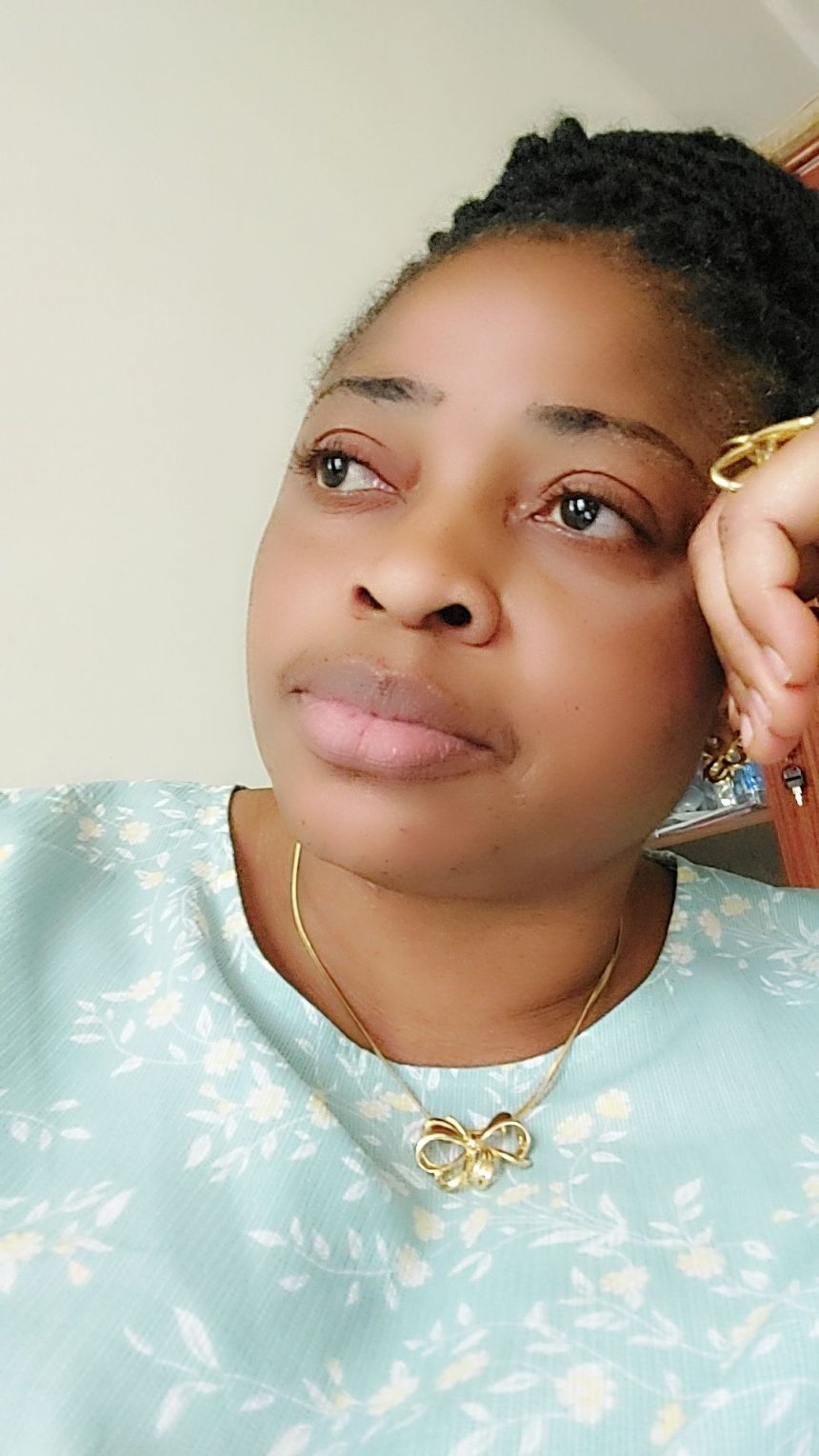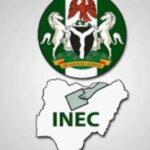Kogi at 33: Managing diversity for development
Kogi is one of the States in Nigeria with multi-ethnic groups. The main ethnic groups are the Igala, Ebira and Okun. Others include Nupe, Kakanda, Kupa, Bassa Nge, Bassa Komu, Kupa, Hausa and Ogori, each with their unique cultures and traditions.
Kogi is the only state in Nigeria that is bordered by 10 other states. To the West by Ekiti and Kwara States, to the North by the Federal Capital Territory, to the Northeast by Nasarawa State, to the Northwest by Niger State, to the Southwest by the Edo and Ondo States, to the Southeast by Anambra and Enugu States, and to the East by Benue State.
According to 2006 census, Kogi population was said to be 3,314,043 and in 2022, estimated to be 4,466,800. Kogi State was carved out of parts of Benue State and Kwara State on 27 August 1991. It was named the “Confluence State” due to the fact that the Confluence of the Rivers Niger and Benue is situated in Lokoja, the state capital.
Kogi State is blessed with natural resources such as coal, limestone, iron ore, and granite, contributing to its economic potential. The state is abundantly blessed with both human and natural resources. The geological setting of Kogi State is unique in view of the occurrence of the two major components of Nigerian geology (Basement Complex and Sedimentary Basin). Approximately, half of the State, the western flank, is covered by crystalline Basement Complex of Precambrian age while the other half, the eastern flank, is covered by Cretaceous to Recent sediments. The Basement Complex is made up of Migmatite-Gneiss Complex, the Schist Belts and the Older Granites and the sedimentary area, which is the Anambra Basin, consists of sedimentary rocks that form part of Cretaceous to Recent sediments of Nigeria.
Kogi State is richly endowed with mineral resources. Over twenty mineral resources have so far been reported in the State by the Geological Survey of Nigeria Agency (GSNA). Mineral deposits of economic significance that occur in the two geologic segments of Kogi State among others include; beryl, cassiterite, clay, coal, columbite, feldspar, fire clay, garnet, gold, granite, iron ore, kaolin, magnetite, marble, mica, muscovite, silica sand, quartz, talc, tantalite and tourmaline in alphabetical order.
On 27th August 2024, Kogi state turned 33. How well have we managed and harnessed our unique differences for development? Let’s look at what diversity means. It is multidimensional: geographic, ethnic, religious, amongst others. Managing them for development begins with understanding what each of these categories represent, accommodating what they represent, and giving a sense of belonging to all.
Unity in diversity signifies unity among individuals who have certain differences among them. These differences can be on the basis of culture, language, ideology, religion, sect, class, ethnicity, etc. Furthermore, the existence of this concept has been since time immemorial. It is a phrase that signifies the unity among people with diverse cultural, religious beliefs, social statuses and other demographic differences.
However, being characterised by differences does not pose a disadvantage in any way; rather, it presents opportunities for us to maximise the options that are readily available to us. Can we proudly say Kogi after 33 years has managed its diversity positively? Although Kogi is yet to make a significant improvement in managing our diversity for development, we are not where we used to be. We are still battling with ethnic and political issues. We are silently at war with ourselves.
Many strategies can be used to address some of these teething problems.
Power sharing arrangements for instance where each identity, ethnic, religious or senatorial gets a fair representation in all government offices, be they elective, appointive or civil service.
Equitable allocation of resources, especially development and infrastructural projects across the three senatorial districts. Kogi needs all of us to grow. With our vest natural and human resources, Kogi should be one of the richest states in Nigeria.
The four pillars of Diversity and Inclusion, which includes Diversity, Equity, Inclusion, and Belong (DEIB), are essential components that help manage our diversity for development. It is about creating an environment where individuals feel they are an integral part of the state. A sense of belonging enhances trust, satisfaction, and overall well-being.
Kogites who have a sense of belonging are more likely to stay and contribute positively to its success. When combined, the four DEIB pillars form a strong foundation for a great state. This strategy aims to cultivate where diversity is celebrated, equity is ensured, inclusion is practiced, and a sense of belonging is fostered.
Leaders that embrace and integrate these pillars into their practices and policies are better positioned to attract and retain top talent, drive innovation, and create a positive and supportive state.







